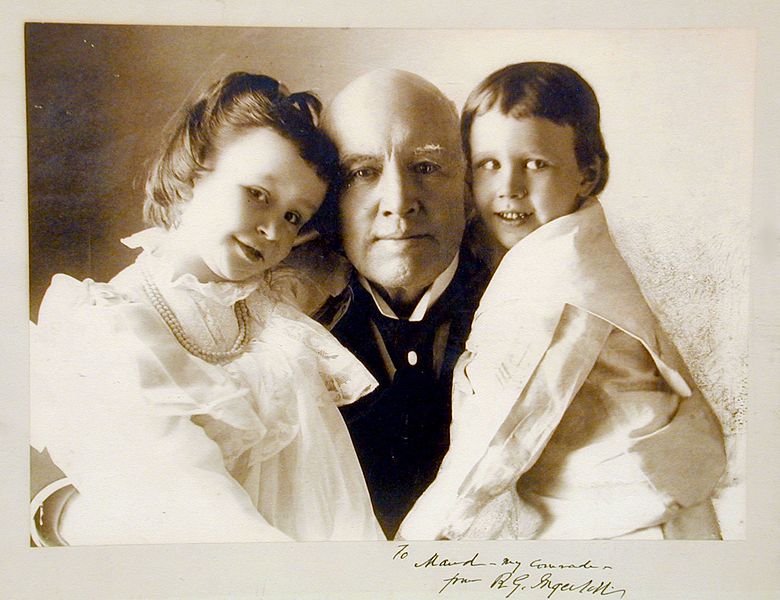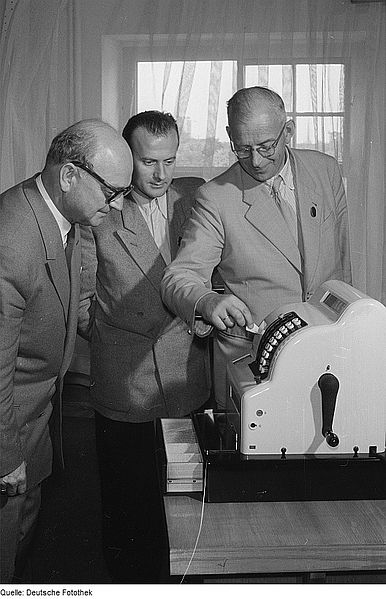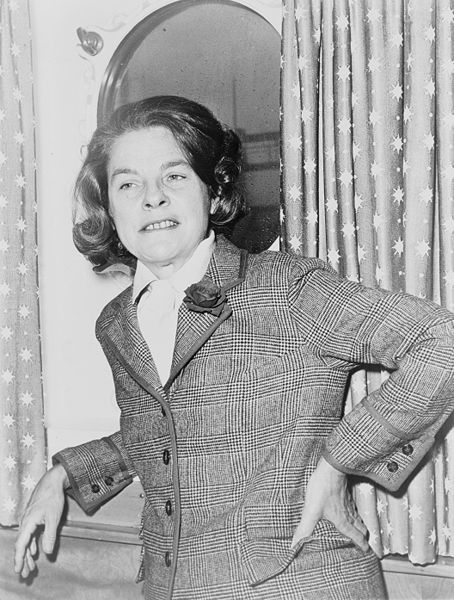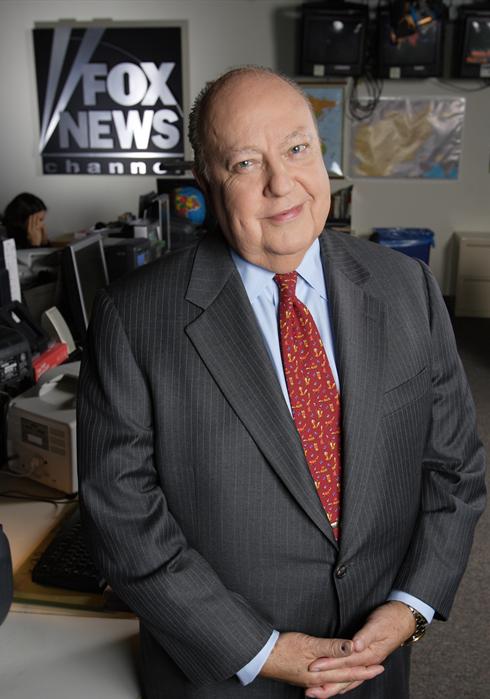In my experience, female executives are no better or worse than their male counterparts, though, of course, there should be no glass ceilings. But you can’t expect a scheme to change just because there are some new schemers. Judith Shulevitz, whose excellent work I first encountered when she was editing the late, great Lingua Franca, explains in a New Republic piece why a women’s movement can accomplish things that successful boardroom executives like Sheryl Sandberg can’t, no matter how high they rise:
“Competent female executives run better companies than incompetent male executives, but they’re no more likely to make universal day care the law of the land. If Davos Woman had dominated feminist discourse when the Triangle Shirtwaist fire killed nearly 130 female sweatshop laborers in 1911, would she have pushed for the legislation that came out of that tragedy—the fire codes and occupancy limits that made workplaces safer for women, and men, for generations to come?
America’s women’s movements helped deliver a fairer world for everyone—upper-middle class, middle class, and working class—not because they produced more leaders, but because those leaders, and the rank-and-file who worked with them and even went to jail with them, changed the rules of society. They helped women get the vote, abortion access, domestic-abuse statutes, and the Family and Medical Leave Act, de minimis as that is. No corporate boss, even one as gallantly outspoken as Sandberg, can match that.”



























